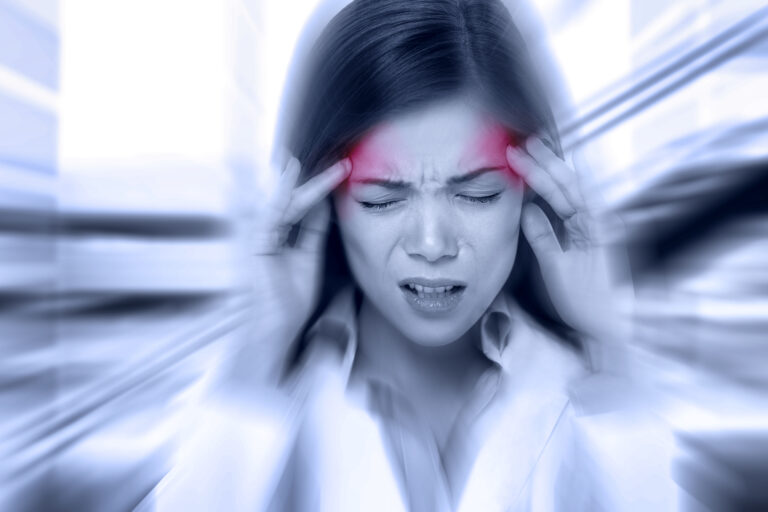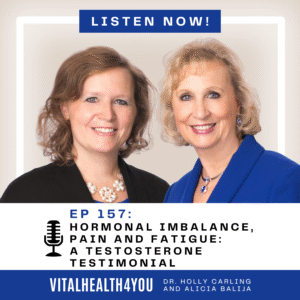Headaches (all types) plague more people in the United States than perhaps any single symptom (except fatigue). Headaches can be simply an annoyance, or severe, such as a migraine – incapacitating the person for up to several days at a time.
As with all of the many symptoms a person can have, headaches are the body’s way of alerting the person to the fact that something is wrong. I was stunned the first time someone said to me “yes, I get normal headaches”! There is no such thing as a “normal headache”. All headaches mean something, and can mean several different things.
The good news is you don’t have to suffer! There is a causative factor (or factors) and once that is discovered, treatment can commence and life can return to normal (whatever that is!) Life should not be dictated by your symptoms.
Headaches located at different areas of your head mean different things – different causes. In other words, if your headache is on top of your head it means something entirely different than if it’s located between your neck and head, or on your forehead.
So what are the causes of headaches? There are lots of reasons. Low blood sugar can cause headaches (missed or prolonged time between meals), toxic overload in the liver, fatigue, stress (physical or emotional), neck tension, digestive difficulties, alcohol in the blood or accumulated in the liver, loud noises, bright lights, inadequate sleep (and sometimes too much sleep), smoking or exposure to smoking, imbalanced hormones, strong odors such as perfume or cleaning supplies, sinus infections or congestion and allergic reactions.
Certain foods can trigger headaches such as foods which contain the amino acid tyramine (found in red wine, aged cheese, smoked fish, chicken livers, figs and some beans), chocolate, nuts, peanut butter, foods with monosodium glutamate (MSG – and additive in many foods), processed meats (contain nitrates), pickled or fermented foods, dairy products, caffeine and onions. Mineral imbalances can also trigger headaches.
Some people do well during stressful periods, and then when the stress is gone, the headache comes.
What can you do about it? First find the offender. If it’s something in your diet, eliminate it. That sounds simple, but it isn’t always easy to find. You need someone who is skilled in helping decipher your symptoms (all of them, not just the headache – afterall, you are a person, not a set of symptoms!)
©2006 Holly A. Carling, O.M.D., L.Ac., Ph.D.







